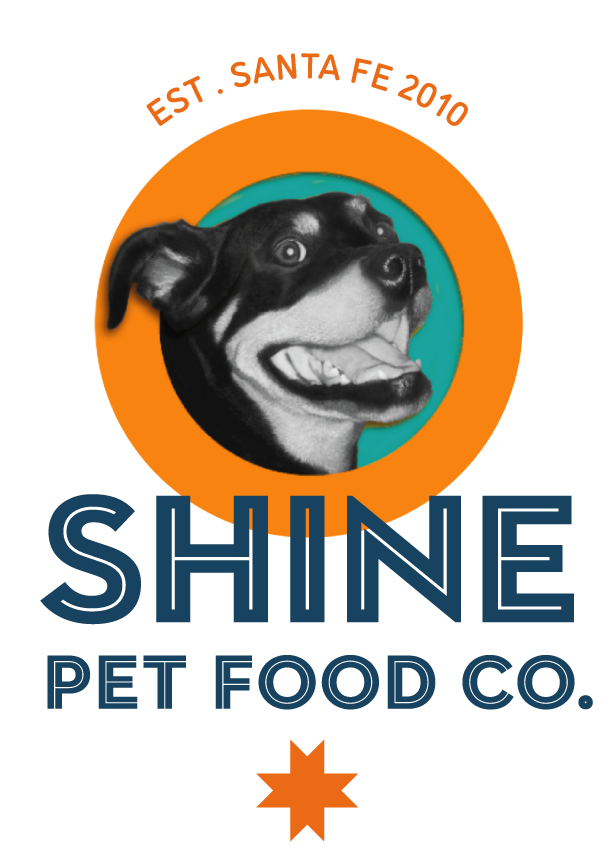Inflammatory bowel disease (IBD), sometimes called chronic enteropathy, is a syndrome rather than a disease. Most dogs with it have a history of recurrent or chronic vomiting and/or diarrhea, sometimes with weight loss and poor appetite.
What Causes it?
The cause of IBD—and there may be several—is poorly understood. But what happens is this: Due to a chronic irritation of the intestinal tract, the lining is invaded by inflammatory cells, which prompts an allergic-type response that interferes with the dog’s ability to digest and absorb nutrients. This may happen because of:
- A parasitic or bacterial infection (e.g., Salmonella, E. coli, or Giardia);
- A reaction to a specific protein in their diet;
- Dysbiosis (a disturbance of gut flora that causes bad bacteria in the small intestine) from exposure to things like foods and medications.
What Are the Symptoms?
Although IBD can involve any part of the digestive gastrointestinal (GI) tract, it usually affects the stomach and/or the intestines. If it’s the stomach, your dog will experience chronic vomiting. If it’s the intestines, he or she will have chronic diarrhea. In some dogs, both parts of the digestive tract are involved so vomiting and diarrhea occur together. When this goes on for more than a few months, you’ll likely notice weight loss and poor appetite.
How Is it Diagnosed?
Your doctor will begin a process to find the root cause, although that’s not always possible. It typically starts with blood work checking organ function and then possibly moves on to more specialized tests that rule out parasitic or bacterial infections and help pinpoint the affected areas. Broad spectrum deworming is sometimes recommended as fecal tests don’t always show the parasites in the GI tract. If the problem doesn’t become obvious, the next step may be restricting your dog’s diet to find out if he or she is reacting to certain proteins. This can be difficult and you should always work with your veterinarian. A true elimination diet starts with you preparing meals at home containing only a single protein and a single carbohydrate, each of which your pup has never eaten before. No treats or other foods may be given at all. The idea is to slowly add proteins one at a time and watch for symptoms. In some cases, it takes four to eight weeks for a positive response to be seen.
What Can I Do for my Pet?
Medication may be given initially by your veterinarian, and supplementation with B12 (cobalamin) may be recommended, as most dogs with IBD are unable to absorb this important vitamin. Probiotics can increase the beneficial bacteria in the GI tract to help restore its normal function. If you use them, it’s a good idea to also give your pet prebiotics—plant fibers that feed the healthy bacteria and help them grow—at the same time or even just before starting the probiotics.
After ruling out (or treating) infectious causes, in most cases IBD symptoms will improve by putting your dog on a generally simple and easily digestible diet. Your veterinarian may recommend a specialized version to try exclusively for two months—for example, a novel protein, low residue, or high fiber diet—depending which part of the bowel appears to be involved.
At Shine Pet Food, we offer a special digestive support diet that is made with easily absorbable ingredients like beef, sweet potato, and egg, and contains numerous prebiotic foods like burdock and beet powder, dandelion greens, and chicory root. We can also help with a home-cooked food trial by supplying high-quality bulk meats or make a special formula upon request. In most cases, a diet that is simple and fresh is a great start to improving the life for your dog.





